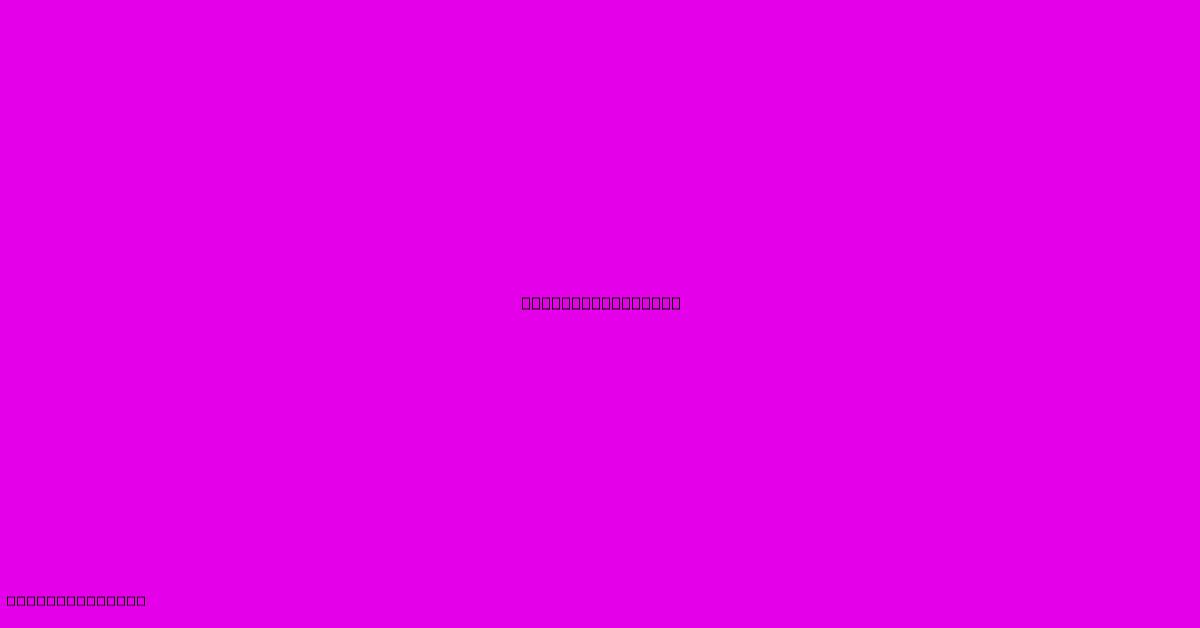Mocha Technology

Discover more detailed and exciting information on our website. Click the link below to start your adventure: Visit Best Website mr.cleine.com. Don't miss out!
Table of Contents
Decoding Mocha Technology: A Deep Dive into its Capabilities and Applications
Mocha isn't just your favorite coffee drink; it's also a powerful and versatile JavaScript testing framework renowned for its flexibility and ease of use. This article delves into the heart of Mocha, exploring its core features, benefits, and diverse applications in modern web development.
What is Mocha?
Mocha is a feature-rich, minimalist JavaScript testing framework running on Node.js and in the browser. Its primary function is to provide a structured and organized environment for writing and running tests, allowing developers to ensure the quality and reliability of their code. Unlike some testing frameworks that bundle assertions or mocking capabilities, Mocha is designed to be highly extensible, letting developers choose the tools that best suit their project's needs.
Key Features and Advantages:
- Flexibility and Extensibility: Mocha's strength lies in its modular design. It doesn't impose specific assertion libraries or mocking frameworks. You can integrate it with popular choices like Chai, Sinon, and Supertest, tailoring your testing workflow to your preferences.
- Browser and Node.js Support: Mocha works seamlessly across both environments, allowing you to test front-end and back-end code within a consistent framework.
- Simple and Intuitive API: Mocha boasts a clean and straightforward API, making it easy to learn and use, even for developers new to testing. Its syntax is clear and reduces the learning curve associated with more complex frameworks.
- Asynchronous Testing: Mocha offers robust support for asynchronous tests, crucial for modern applications that rely heavily on AJAX calls and other asynchronous operations. It handles promises and callbacks gracefully, ensuring accurate test results.
- Reporting: Mocha provides comprehensive reporting capabilities, allowing developers to quickly identify failed tests and pinpoint errors in their code. This helps streamline the debugging process and improves development efficiency.
- Rich Ecosystem: Mocha benefits from a vibrant community, resulting in extensive documentation, readily available plugins, and active support. This ensures that developers have access to ample resources and assistance when needed.
How Mocha Works:
Mocha utilizes a simple yet effective structure for organizing tests. Tests are defined using functions, and Mocha provides methods like describe and it (or test) to group and define individual test cases. Assertions are then implemented using a chosen assertion library like Chai. Mocha executes these tests sequentially or concurrently depending on configuration, reporting the results clearly.
Example (using Chai):
const assert = require('assert'); // or other assertion library
describe('My Function', () => {
it('should return true for positive numbers', () => {
assert.ok(myFunction(5));
});
it('should return false for negative numbers', () => {
assert.ok(!myFunction(-5));
});
});
Applications of Mocha:
Mocha's versatility makes it suitable for various testing scenarios:
- Unit Testing: Testing individual units of code (functions, classes, modules) to ensure they behave as expected.
- Integration Testing: Verifying the interaction between different components or modules within an application.
- End-to-End Testing: Testing the entire application flow from start to finish, simulating user interactions.
Conclusion:
Mocha's flexibility, ease of use, and extensive ecosystem make it a top choice for JavaScript testing. Its ability to adapt to various projects and testing styles ensures it remains relevant in the ever-evolving landscape of web development. Whether you're a seasoned developer or just beginning your testing journey, Mocha offers a powerful and efficient way to build robust and reliable applications. Its minimalist approach allows developers to focus on their testing strategy, rather than getting bogged down in the framework's complexities.

Thank you for visiting our website wich cover about Mocha Technology. We hope the information provided has been useful to you. Feel free to contact us if you have any questions or need further assistance. See you next time and dont miss to bookmark.
Featured Posts
-
Everton Vs Nottingham Forest How To Watch
Dec 30, 2024
-
Jobs In Educational Technology
Dec 30, 2024
-
Ems Technologies
Dec 30, 2024
-
Empate Amargo Alexis Sanchez Juega
Dec 30, 2024
-
Watch West Ham Vs Liverpool Premier League Live
Dec 30, 2024
